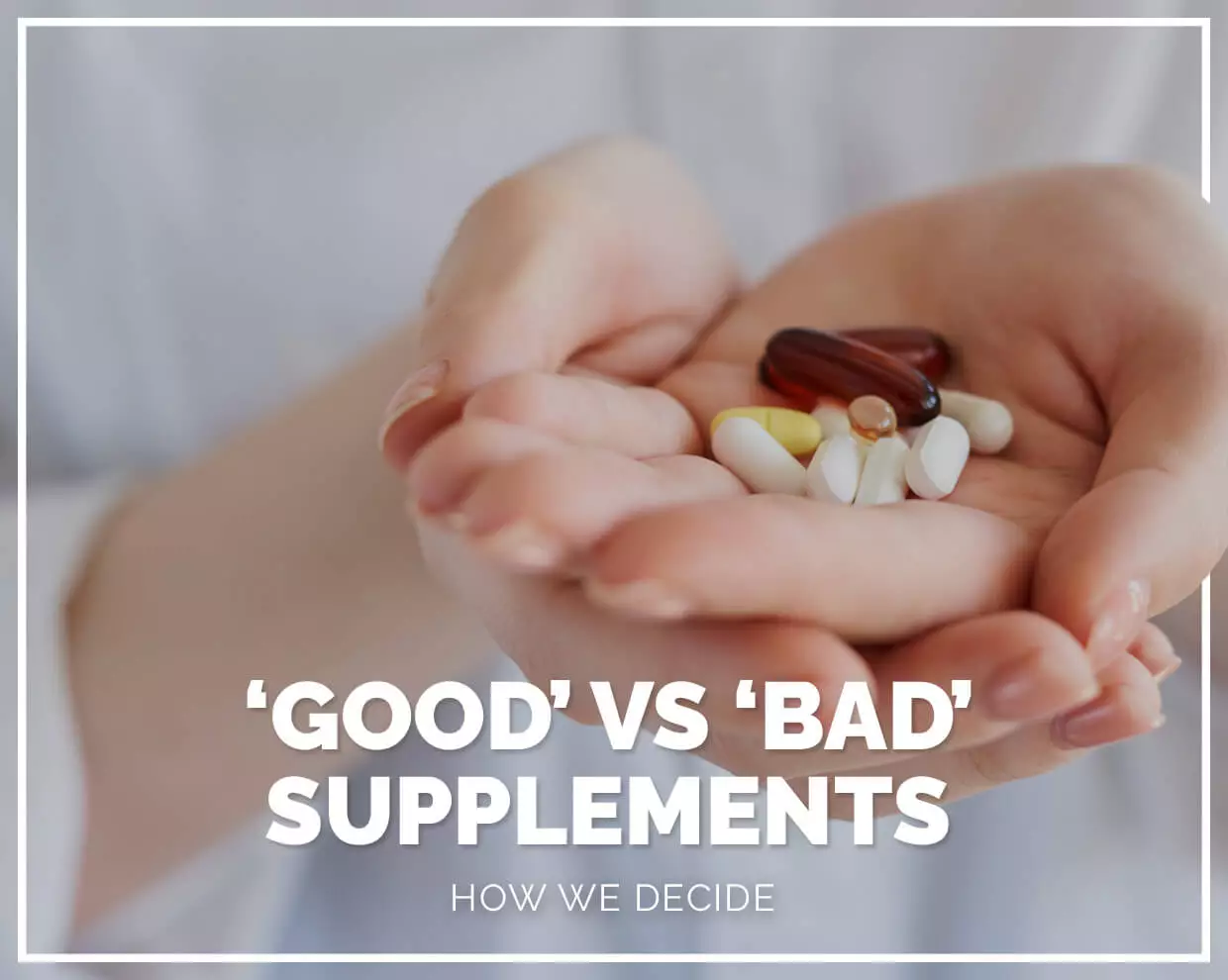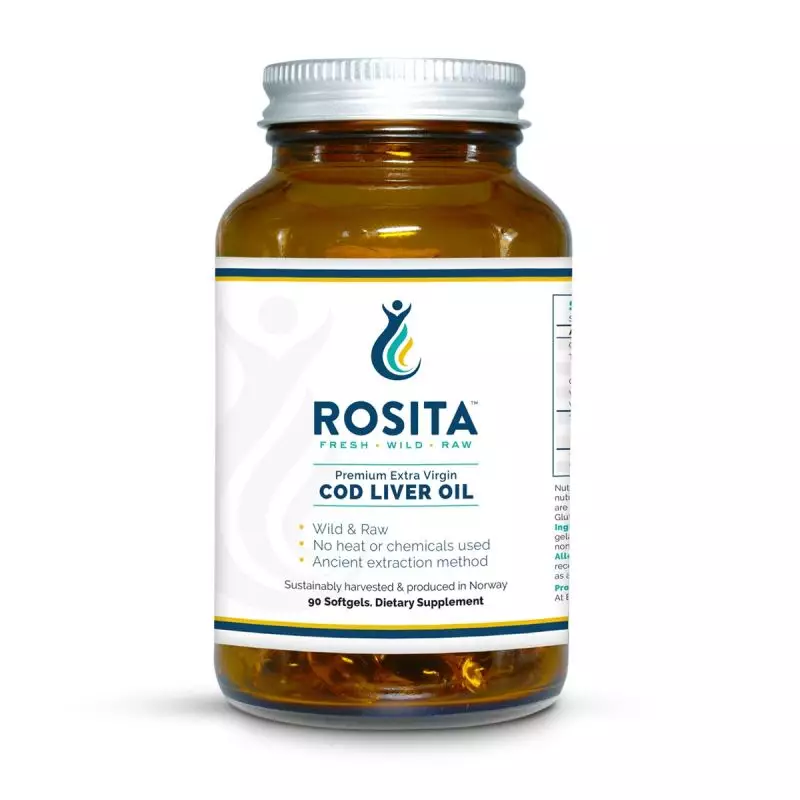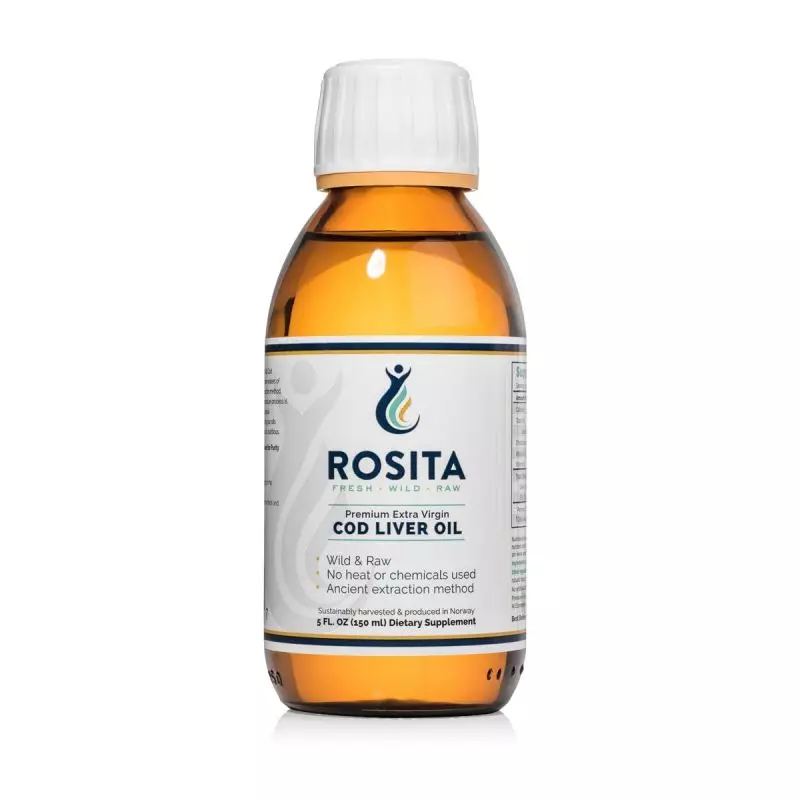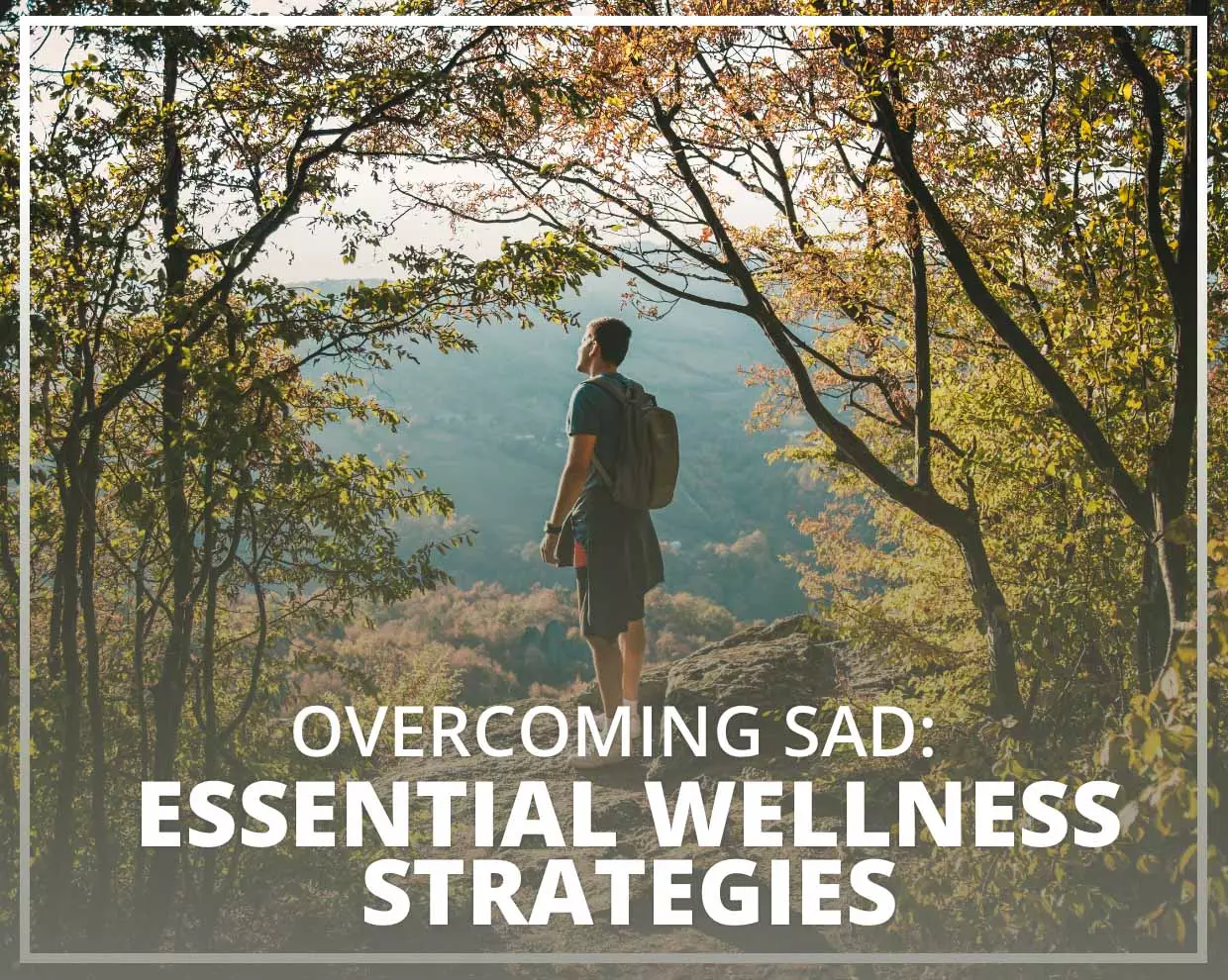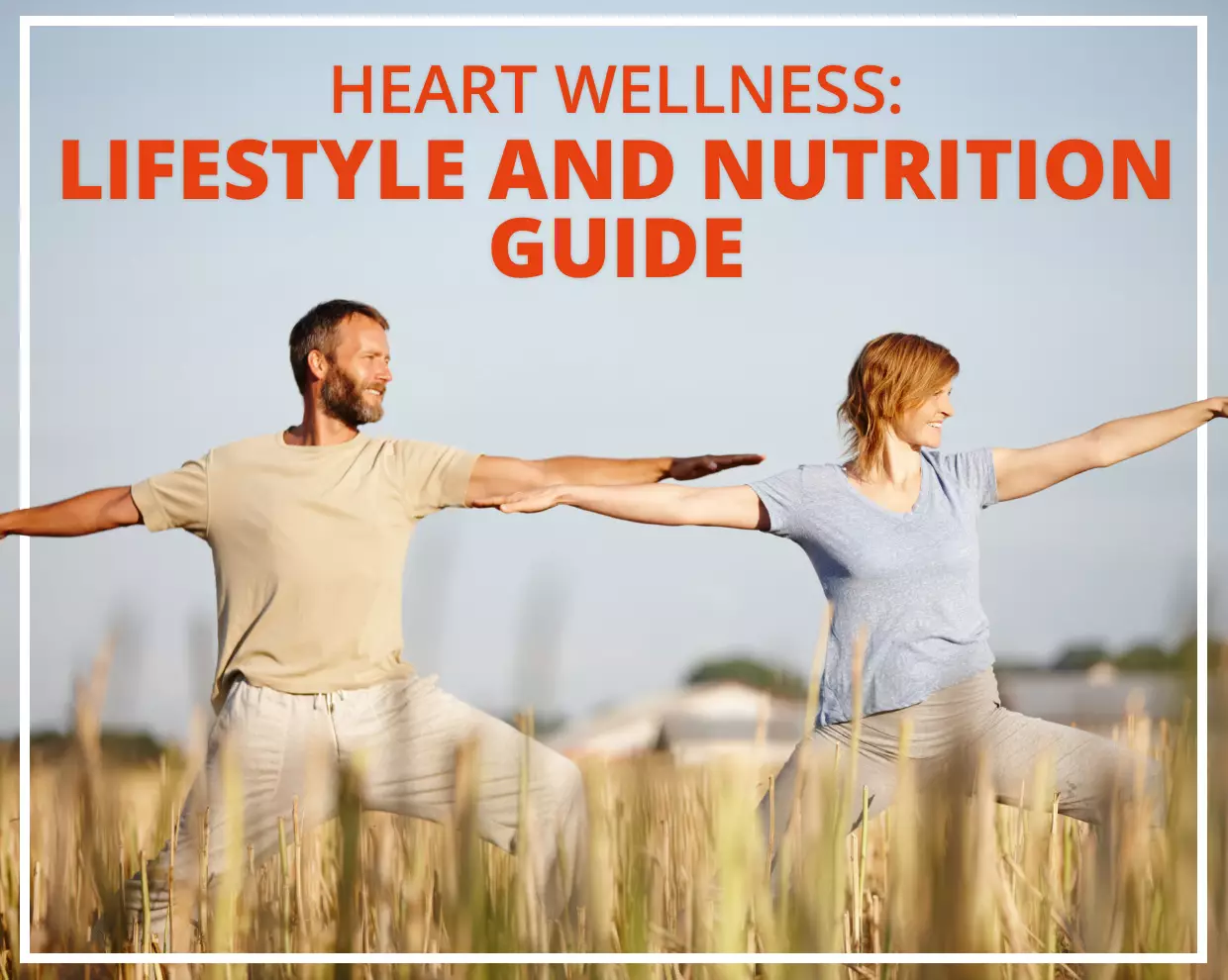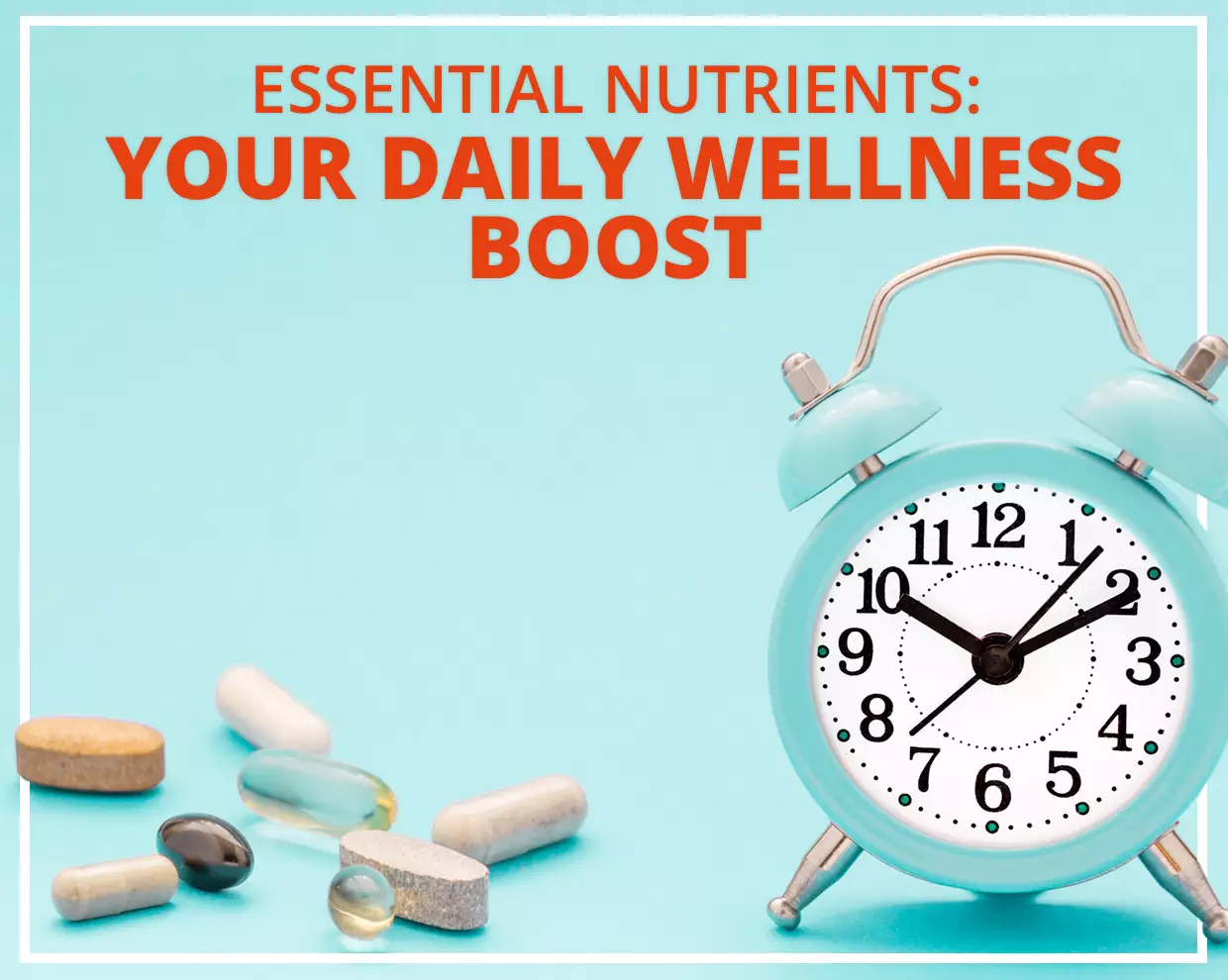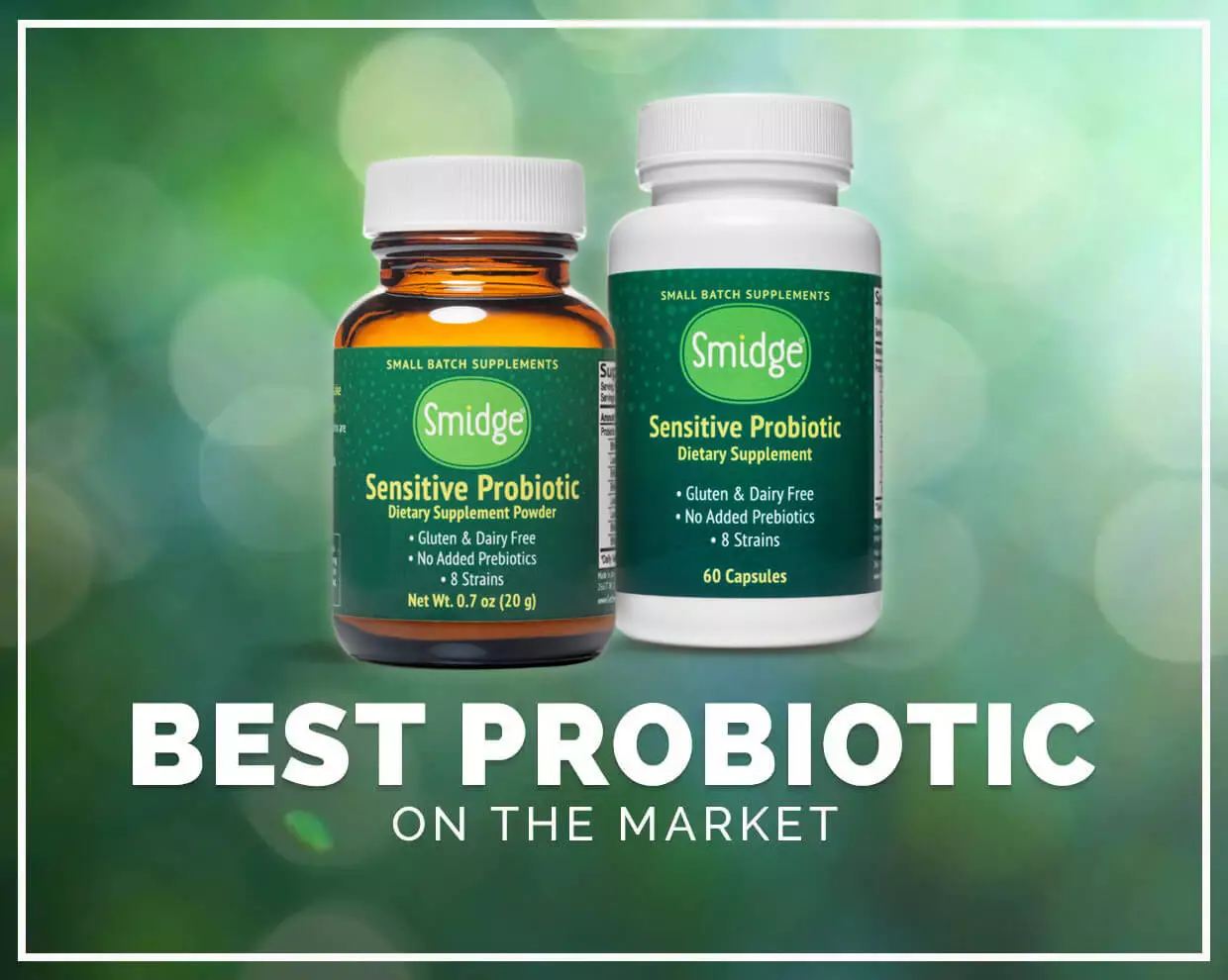Have you ever looked at an ingredient in a supplement and thought “what is that? I wouldn’t even know how to pronounce that”? Or maybe you’ve taken a supplement and seen no impact or improvement? We can’t really say that a supplement is ‘good’ or ‘bad’, but when you buy supplements, you want to know that you can trust what’s in it and that it'll do its job. Thankfully, clean and effective supplements are what we specialise in!
We do our best to stock only the best supplements on the market. This means each product that we onboard has to pass all of our requirements before it ends up on our website. So, we’re here to answer some common questions around what makes a high-quality supplement…
The word ‘bioavailability’ is used a lot around supplements. What is bioavailability and why is it so important?
The bioavailability of a supplement gives us an insight around whether the supplement is an effective supplement. If your body can’t use the supplement you’re consuming, that’s a big waste of money. The bioavailability of the supplement focuses on the question: can your body actually use what you’re putting in?
To highlight the importance of bioavailability, vitamin B is a great example. Vitamin B12 is usually derived from 2 sources; cyanocobalamin and methlycobalamin. The former is synthetic, and the latter is naturally occurring and methylated(1). Around 30-40% of people have the MTHFR mutation, which means they may struggle to properly methylate vitamin B(2). Optimal methylation can have a substantial positive impact on the body and help to regulate many of its processes. Methylated vitamin B comes in its active state, so the body doesn’t have to do as much work to get the job done properly. While anyone can still take non-methylated vitamin B, it has to go through more steps in the body and hence, is considered to be less bioavailable. Methylated vitamin B tends to be easier for your body to uptake and use. However, everyone is different and you should consider your health needs when deciding between methylated and non-methylated vitamins.
Liposomal vitamins also help demonstrate bioavailability. This is when vitamins have been encased in liposomes, which are biocompatible with your body. The liposomal encapsulation of a vitamin can help protect the vitamin in the gastrointestinal tract and help the intestine to absorb it faster(3). The liposomes mean that the vitamin is fat soluble, not water soluble. This means that the body finds it easier to transport it to your cells, where it can then be used. Vitamins that are water soluble may have a harder time being absorbed by your cells. So in a nutshell, liposomal vitamins help your body absorb more of a vitamin faster, making it the perfect illustration of a highly bioavailable vitamin.
I’ve heard food-based supplements are good supplements. What are key benefits of those, and what are the downsides?
Food-based supplements can be great for your health as they tend to be all natural. Rosita EVCLO is a great example of a food-based supplement that is kept the way nature intended. Rosita Real Foods ensure that the all the unique fats in the cod liver oil aren’t filtered out and they also avoid molecular distillation as this can strip the oil of its vitamins.
Food-based supplements can be potentially harming to our health if not sourced correctly however. Natural ingredients used to create the supplement may have been sprayed with pesticides and herbicides that are then transferred into the supplement, especially if the skins of vegetables and fruits are used as this is where the residues tend to stay(4). Organic food-based supplements can be better for you as these types of chemicals aren’t used on them(5). It’s also been found that organic foods have superior levels of certain nutrients such as magnesium and vitamin C(6). Supplements that contain herbs and mushrooms are usually organic as they tend to be grown specifically for supplement producers. KIKI Health formulate products that are a great example of organic and natural supplements, containing ingredients from mushrooms to matcha.
Price tends to increase with quality. Are all ‘cheaper’ vitamins low quality?
Not all cheaper vitamins will be low quality, however, as with most things, a higher priced supplement can imply that it is better quality. This is because researching and making quality supplements can cost. With this in mind, the ‘cheaper’ supplements tend to be created by a third party and sold without proper research and optimisation. The forms that the vitamins come in are usually less effective than other, more natural forms. For example, a cheap vitamin C supplement may just contain ascorbic acid derived from a source such as GMO corn syrup(7), as opposed to being sourced naturally (like from Kakadu plums) and with bioflavonoids which can help make them more effective and bioavailable(8).
Cheaper vitamins may also exceed or fall short of your daily requirements. There may be such high levels of the vitamin that it could just end up leaving your body as waste or even cause adverse effects. Or there may be just enough to cover disease prevention, but not enough to optimise your health and accommodate the many processes your body needs that supplement for. So basically you could be paying for a supplement that doesn’t even do its job. Remember; the most expensive supplement is one that doesn’t work.
Is a long list of ingredients a tell-tale sign that the supplement is bad?
Despite the common assumption, a long list of ingredients does not always mean that the supplement is bad for you. Think of it like a salad; imagine just having iceberg lettuce in your salad. That’s pretty boring. Add some rocket, broccoli, radishes, pomegranate, nuts, seeds and some lemon. Suddenly the salad is a lot tastier and more beneficial, as long as you have the right mix of ingredients.
You should be more concerned about the ingredients you don’t recognise. Some supplements have added ingredients to help extend the shelf life, increase the aesthetic of the supplement and improve the taste. Binders, excipients, artificial preservatives and flavourings, free flow agents such as magnesium stearate and talc, and synthetic fillers are a few of the ingredients you should try to avoid in your supplements(9).
Multi-vitamins can be a good way to ‘cover more of your bases’ and get your daily recommended intake. But are multi-vitamins bad?
No, not at all! However, the ingredients can be an issue, as explored in the previous question. The ingredients in a multi-vitamin itself is important, but also the mixture of the vitamins. How well do they go together? If done correctly, multi-vitamins can be great.
Nutreince (TM) is a multi-vitamin and multi-mineral that has an ideal mix of ingredients, all in bioavailable forms. It also has the optimal daily intake of each of the ingredients, from methylated vitamin B to vitamin D. The ingredients are well thought-out with the correct mix of vitamins, such as calcium and vitamin K in order to help the calcium get to your bones and not to your arteries. Multi-vitamins can be very helpful for optimal health.
Please remember that everyone is different and the way our bodies work may mean that we react to certain supplements in a different way. It’s important to "sequence and titrate" when introducing a new supplement to your regimen. Start with 1 new supplement at a time, and increase dosage as needed (without ever exceeding the recommended dose). Once you feel like the supplement is working well for you, then you can introduce the next supplement you need. The main advice: Listen to your body. And if you’re concerned about anything, always consult a health professional.
We also have health coaching services that can assist you in finding out what your specific needs are. This will help you to personalise what you need to supplement.
At Functional Self, we try to ensure everyone’s needs are catered for, and we’re always on the lookout for new, innovative supplements. If you can’t seem to find something on our website that you would like, please let us know.
References
1 Vitamin B12 deficiency
2 What You Need to Know About the MTHFR Gene
3 Liposomal-encapsulated Ascorbic Acid: Influence on Vitamin C Bioavailability and Capacity to Protect Against Ischemia–Reperfusion Injury
4 Do Pesticides Get Into the Flesh of Fruits and Vegetables?
5 Organic foods contain higher levels of certain nutrients, lower levels of pesticides, and may provide health benefits for the consumer
6 Organic foods contain higher levels of certain nutrients, lower levels of pesticides, and may provide health benefits for the consumer
7 Is Your Vitamin C Real or Synthetic?
8 Vitamin C and Bioflavonoids in Foods
9 The Hidden Dangers in Your Dietary Supplements

 AU Store
AU Store  UK Store
UK Store NZ Store
NZ Store EU Store
EU Store

